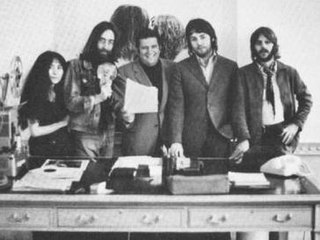A Quote by Maria Konnikova
The fact that insomnia is associated with depression suggests that sleep might help us deal with emotionally stressful or otherwise disruptive events.
Quote Topics
Related Quotes
People who are contented and serene sleep well. They fall asleep easily, stay asleep, and wake refreshed. Conversely, people who are anxious, stressed, or depressed do not sleep well, and chronic insomnia is strongly associated with mood disorders. These are clear correlations, but what is cause and what is effect is not clear. Most experts agree that sleep and mood are closely related, that healthy sleep can enhance emotional well-being, while insufficient quantity or quality of sleep can adversely affect it.
Some struggle with medical issues - like insomnia - that make sleep hard. But for many of us, the quantity and quality of sleep come down to a matter of choice. Still, only a few enterprising economists have looked closely at this, and generally, those have assumed that we choose our hours of sleep optimally.
Unless you are political or intellectual, events like the Depression are seen as personal events. We thought of the Depression as something that made the pipes freeze; we thought it hit us because Daddy didn't move his taxi stand and because he broke his hip. It was only later I found out it was a national phenomenon.
[However], the sufferer from depression has no option, and therefore finds himself, like a walking casualty of war, thrust into the most intolerable social and family situations. There he must ... present a face approximating the one associated with ordinary events and companionship. He must try to utter small talk and be responsive to questions, and knowingly nod, and frown and, God help him, even smile.
The intersection of psychology and business is typically seen as being as congested, stressful, and emotionally barren as a peak commute traffic day on the L.A. freeways. But, thankfully, we live in an era in which neuroscientists are teaching us about the malleability of our brain and the emotionally contagious nature of our workplaces.






































